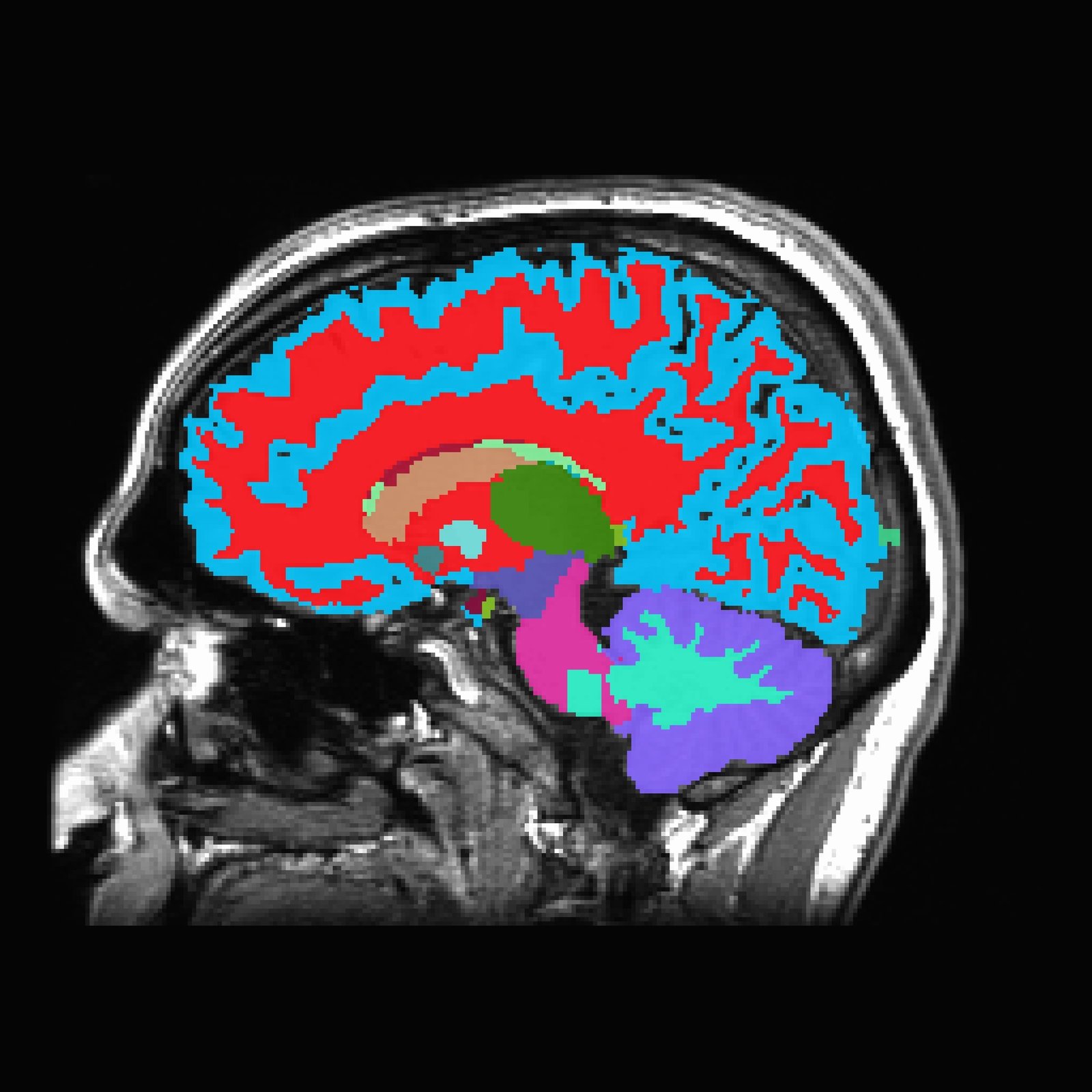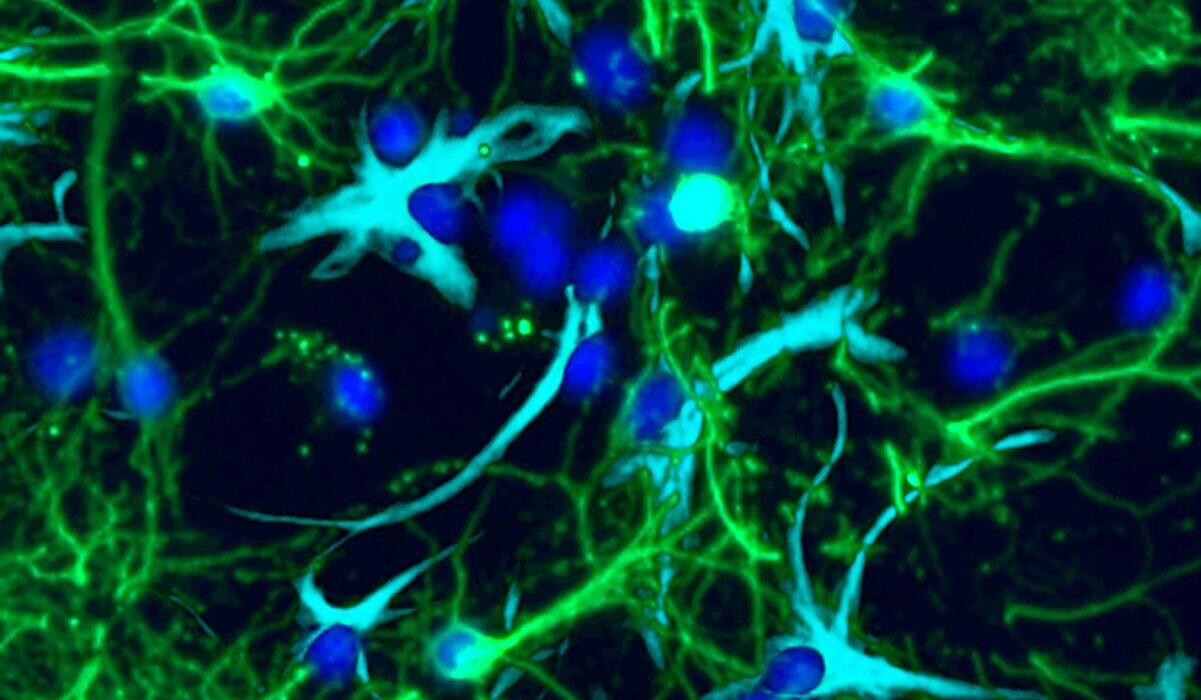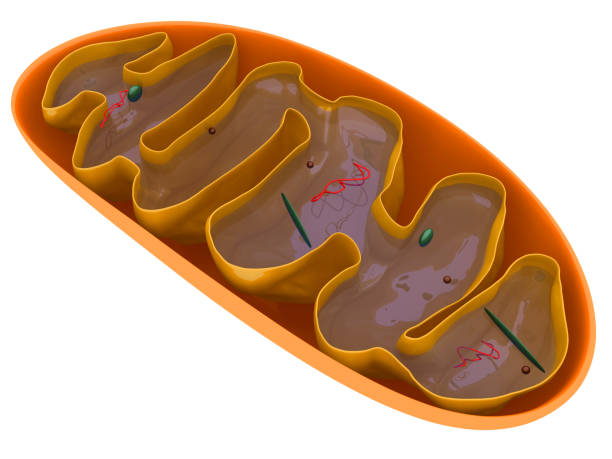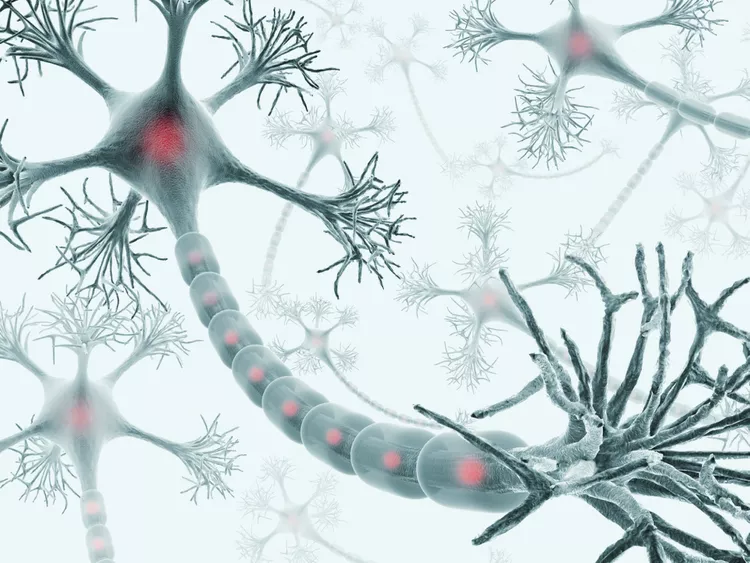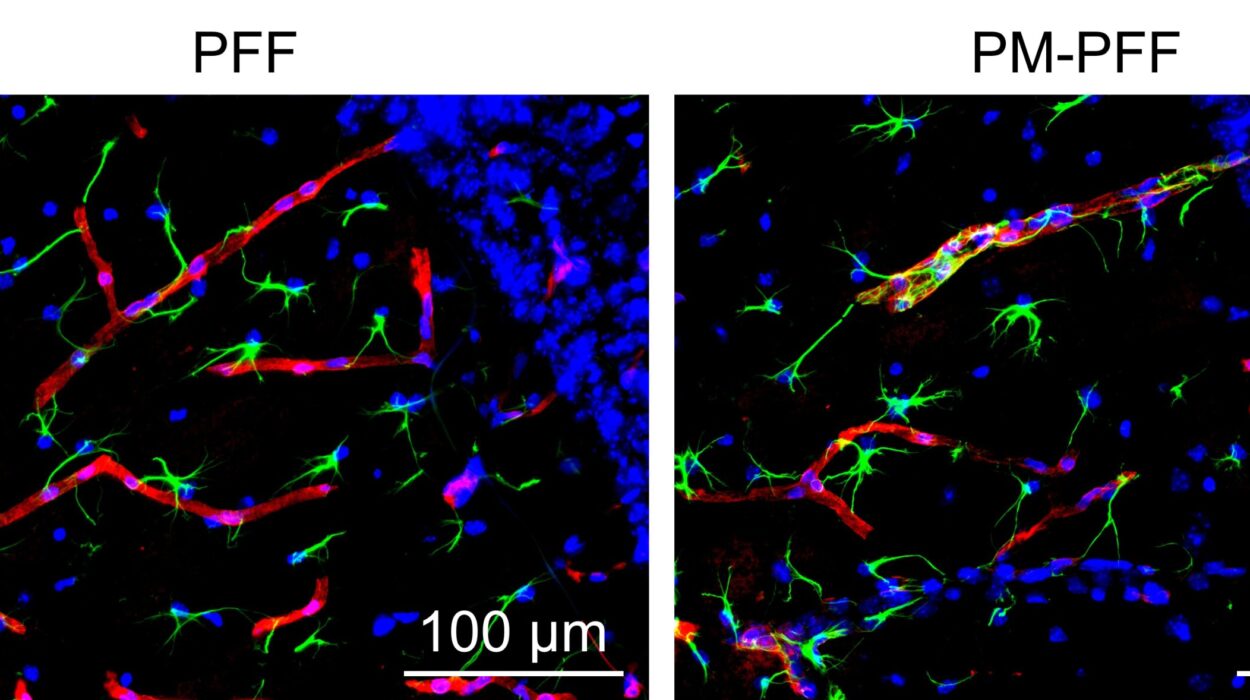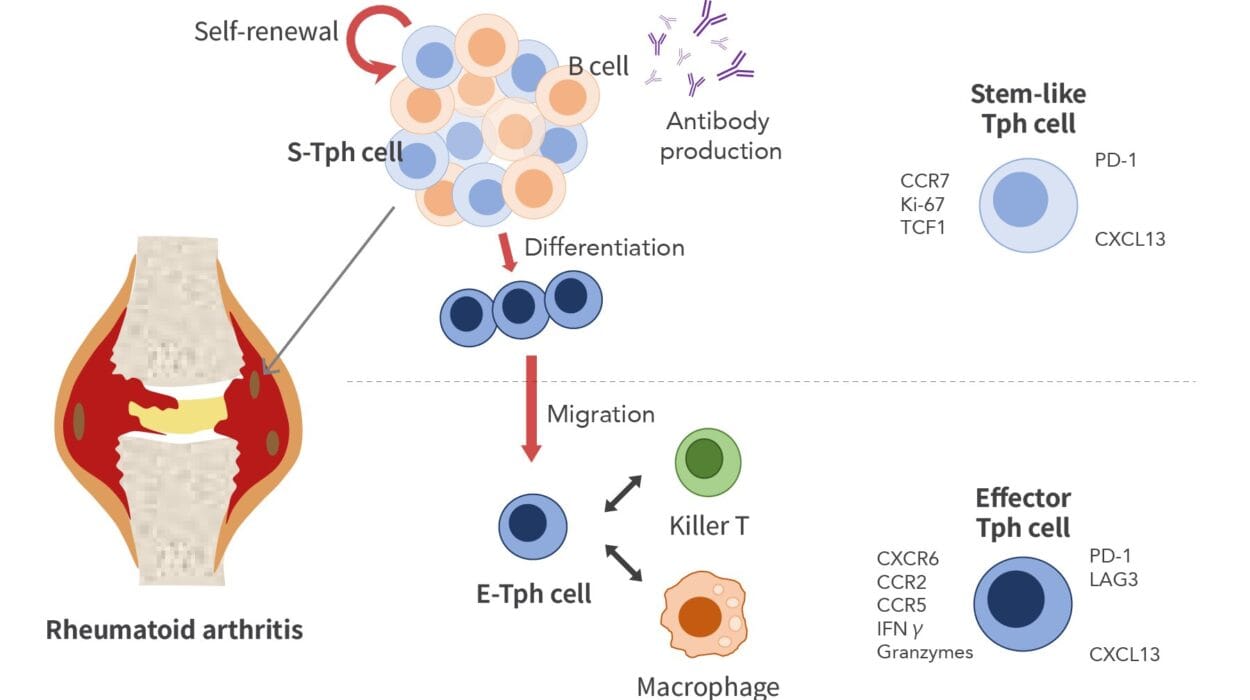At every high school reunion, there’s a quiet reckoning. Some classmates still carry the energy of youth—bright-eyed, quick-witted, lean and lively. Others, despite being the same age, show the creeping signs of time: slower movements, fuzzy memories, stiff joints, or a clouded gaze. It’s a powerful reminder that chronological age—how many birthdays you’ve had—is not always the best measure of how old you really are.
Now, thanks to a breakthrough study by scientists at Duke University, Harvard, and the University of Otago in New Zealand, we might finally have a way to measure that hidden truth.
They’ve developed a tool that can look at a single brain scan and predict how fast someone is aging—not just physically, but mentally. And in doing so, they’ve opened a window into our future selves.
The Clock in Your Brain
Published in Nature Aging, the study introduces a new kind of aging clock called DunedinPACE-NI (short for “Pace of Aging Computed from Neuroimaging”). What makes it extraordinary is that it doesn’t need decades of data, or repeated doctor visits, or even a blood test. All it needs is one brain MRI.
With that single scan, researchers can forecast not just how quickly someone is aging right now, but also their risk of chronic illness, cognitive decline, and even early death—often years before symptoms emerge.
“This is what’s so exciting,” said Ahmad Hariri, a Duke University professor of psychology and neuroscience and one of the study’s senior authors. “We’ve found a way to detect how fast someone is aging while they’re still in midlife—when there’s still time to do something about it.”
A Study That Follows People for Life
The research is built on the world-renowned Dunedin Study, which has followed 1,037 people born in the same city in New Zealand between 1972 and 1973 for over 50 years. These participants have been measured and monitored throughout their lives: lung function, cholesterol, kidney health, cognitive performance, dental health, and more.
Over the past two decades, scientists have used this data to calculate how fast each individual is biologically aging—creating a personalized “pace of aging” score for each person. Some participants were aging biologically one year per calendar year. Others were aging much faster—two or even three biological years for every one lived.
Then came the next step: using this aging data to train an artificial intelligence model to predict a person’s pace of aging using only their brain scan taken at age 45. That model became DunedinPACE-NI.
Seeing Risk Before It Arrives
After training the tool, the researchers tested it on brain scans from thousands of people across the United States, United Kingdom, Canada, and Latin America. The results were startling.
People whose brain scans indicated faster aging at midlife were:
- More likely to show cognitive decline in the years that followed.
- More prone to shrinkage in key brain areas, particularly the hippocampus, which is vital for memory.
- More likely to be diagnosed with dementia years later.
- At higher risk for chronic conditions, such as heart disease and stroke.
- More likely to die earlier.
In one major dataset, people with the fastest brain aging were 60% more likely to develop dementia and 40% more likely to die within a few years, compared to those aging more slowly.
“When we saw those numbers,” Hariri said, “our jaws just dropped to the floor.”
The Brain-Body Connection
Importantly, the tool didn’t just predict changes in mental health. It also correlated strongly with the overall condition of the body.
People with high DunedinPACE-NI scores were more likely to be frail, more prone to serious illness, and more likely to suffer physical decline—confirming that aging is a whole-body process that reflects deeply in the brain.
“The links between aging of the brain and body are pretty compelling,” Hariri said.
And it didn’t just work in one population. The tool predicted outcomes across people of different races, income levels, and countries, suggesting that the brain carries a universal signature of how fast we are aging, regardless of background.
Why Current Aging Clocks Fall Short
For years, scientists have been searching for reliable “aging clocks”—tools that could measure biological aging and predict future health. Most have relied on things like blood samples, DNA methylation patterns, or snapshots of health data taken from people of different ages.
But there’s a problem with that approach. If you’re comparing people born decades apart, it’s easy to mistake generational differences for aging itself. Did someone age faster, or were they just exposed to more pollution, fewer vaccines, or different diets?
“That’s why our approach is so powerful,” Hariri explained. “We followed the same people for decades. We’re not guessing—we’re measuring real changes over time.”
What It Means for Alzheimer’s and Dementia
Right now, the world faces an Alzheimer’s crisis. By 2050, nearly 1 in 4 people on Earth will be over 65. With that comes an expected explosion of dementia cases—and costs. Alzheimer’s alone could consume more than $9 trillion per year in global care, according to some estimates.
Despite decades of research, there is still no cure. Treatments have largely failed, partly because they are often started too late—after the brain has already suffered irreversible damage.
“Drugs can’t resurrect a dying brain,” Hariri said.
That’s why this new tool is so promising. By identifying people at risk much earlier—perhaps in their 40s or 50s—doctors could intervene sooner, long before dementia sets in. Lifestyle changes, new therapies, or targeted prevention strategies could be tested more efficiently, without waiting decades for symptoms to appear.
Still a Research Tool—for Now
The DunedinPACE-NI clock isn’t yet available in hospitals or clinics. For now, it’s a research tool—though a powerful and freely available one. The scientists hope it will become a standard in future brain-aging studies, and that with more validation, it might eventually help doctors make real-world decisions.
Ethan Whitman, a Ph.D. student in clinical psychology at Duke and lead author of the study, sees potential beyond disease prediction. The tool could help reveal why certain risk factors—like poor sleep, childhood trauma, or chronic stress—make some people age faster than others.
“Ultimately,” Whitman said, “we want to understand what slows aging, what speeds it up, and how we can help everyone age better.”
The Future of Aging—Written in the Brain
Aging may be inevitable, but its pace isn’t fixed. That’s the quiet promise behind this research. Our lives are shaped by more than calendars—they’re shaped by biology, choices, and increasingly, technology that can reveal what’s happening inside us long before the signs show on the outside.
The DunedinPACE-NI tool doesn’t just tell us how old our brains look. It tells us how fast our lives are unfolding—and offers a chance, perhaps, to rewrite the story.
And that’s not just science. That’s hope.
Reference: Ethan T. Whitman et al, DunedinPACNI estimates the longitudinal Pace of Aging from a single brain image to track health and disease, Nature Aging (2025). DOI: 10.1038/s43587-025-00897-z
